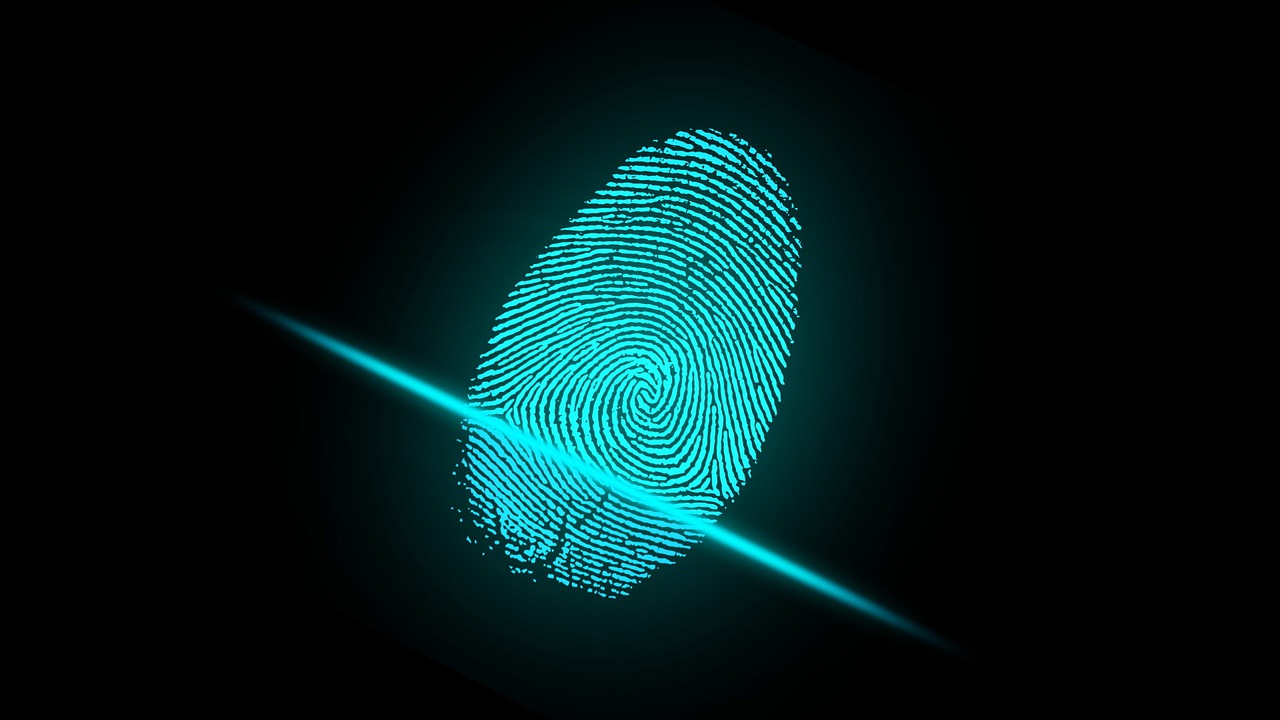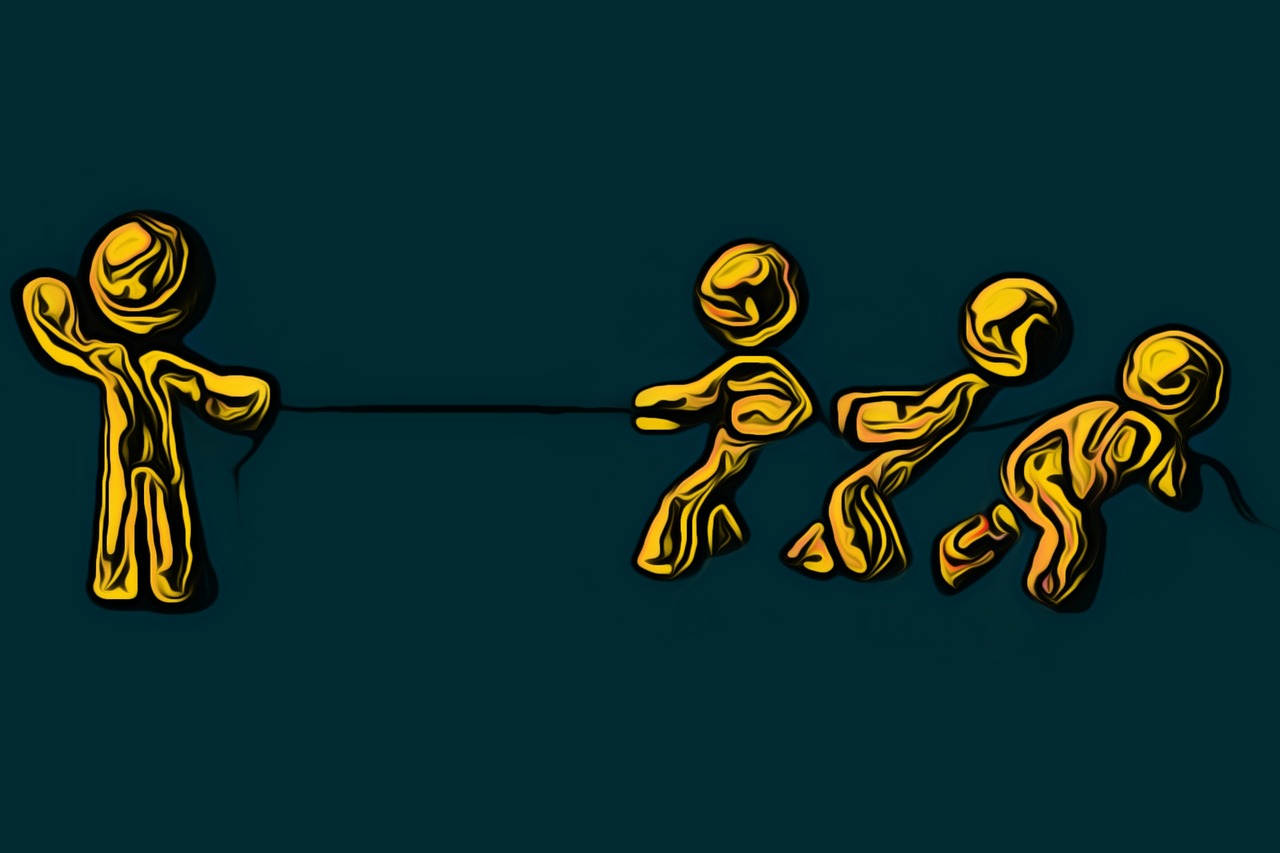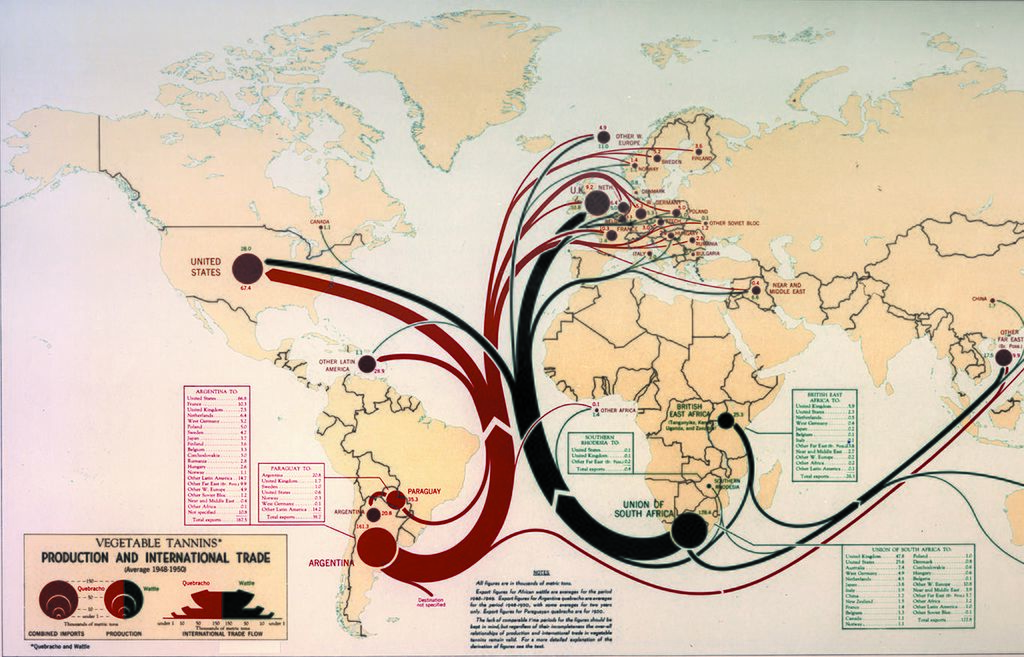Latest blog articles
-
Current US and EU secondary liability standards do not address all factors to trigger liability. This influences legislation and case law, setting an uncertain secondary liability outcome of IP infringement cases against Internet Intermediaries’. I suggest that tort law can tackle this problem.
-
Unlike other sectors, improvements in Genetic technology raise issues of morality. The new human gene editing technology CRISPR/CAS9 has raised many such concerns. Can the current patent system deal with these concerns or should morality be dealt with by the inventors themselves?
-
The need to guarantee the free flow of information in a Big Data economy forces us to re-think Intellectual Property Rights and find an appropriate balance between competition, innovation, privacy and incentives.
-
With or without the UK, the EU will try to find a way to implement the UPC as it has invested considerable time and efforts knowing the benefits it will bring; however, the fate of the Agreement could be decided on judicial grounds instead of political ones.
-
Since “Champagne” is a protected designation of origin (PDO) under EU law, it is not self-evident whether a product that is not Champagne but which contains Champagne can use the protected term in its trade name.
-
This book addresses concerns with the international trade and investment dispute settlement systems from a statist perspective, at a time when multilateralism is deeply questioned by the forces of mega-regionalism and political and economic contestation.





